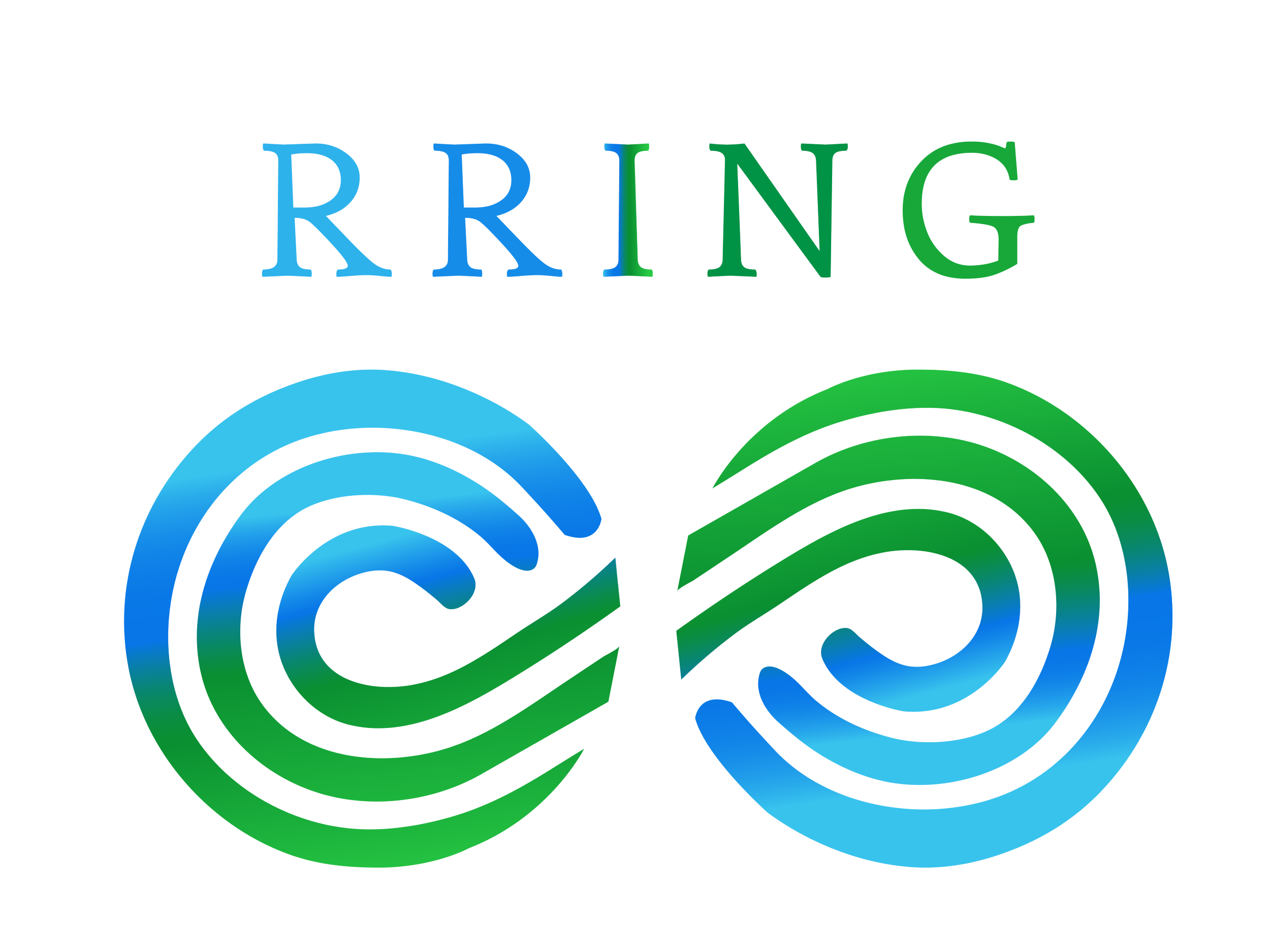New Global Community for Mutual learning and Collaboration in Responsible Research and Innovation
Now more than ever we see the need for global action to address the challenges facing society. New knowledge and innovations are necessary to help address these challenges and it is important that all those involved in research and innovation can work with society in a way that promotes trust and responsibility in the development of sustainable solutions that benefit all humankind. RRING has found that better collaboration among all science and technology stakeholders is needed for an advocacy directed toward influencing public policy and decision-making to improve aspects such as public engagement, open access, gender, ethics, and science education and to allow science and technology to better contribute to the achievement of the Sustainable Development Goals (SDGs). These are issues addressed by a global standard, the UNESCO Recommendation for Science and Scientific Researchers (2017)(opens in new window) (RSSR), whose implementation RRING aims to promote. To support science and technology stakeholders and empower them with the tools to achieve ever more responsibility and freedom in research and innovation, RRING has been developing recommendations for the development of competitive advantage based on RRI and conducting trials with countries supporting them in measuring progress on the priority areas of the RSSR. The aim is to help coordinate globally and speed up improvements in research systems. Having initially started out with a trial period mainly focusing on ten countries, RRING is now seeking to establish a true pan global community by opening its membership to stakeholders in every country around the world. Its current members share a principled commitment to advancing science everywhere according to shared and recognized norms, but members also come from different backgrounds. The RRING community will share knowledge of best practices between different stakeholders of research and innovation, including those responsible for policy decision-making, research funding. The aim is to systematically and simultaneously strengthen research and innovation everywhere, thus achieving significant impacts efficiently, advancing science, and enabling its positive impacts on the world. Through its training, knowledge sharing and networking activities that have already begun, the RRING community will not only support the national assessment and reporting processes that examine the norms and standards associated with the RSSR, but will also enable practice and knowledge exchanges with scientific communities globally, to seek ways to improve, apply and develop specially-designed tools. Are you a working in science and technology? Do you want to improve conditions for research and innovation? Why not join RRING? You can find out more at: https://rring.eu/community/(opens in new window)



